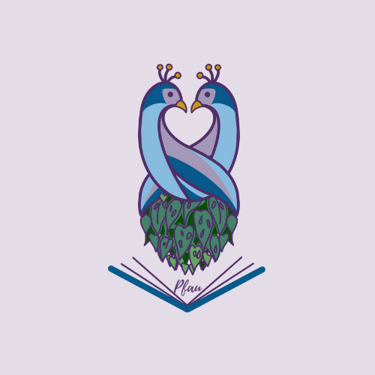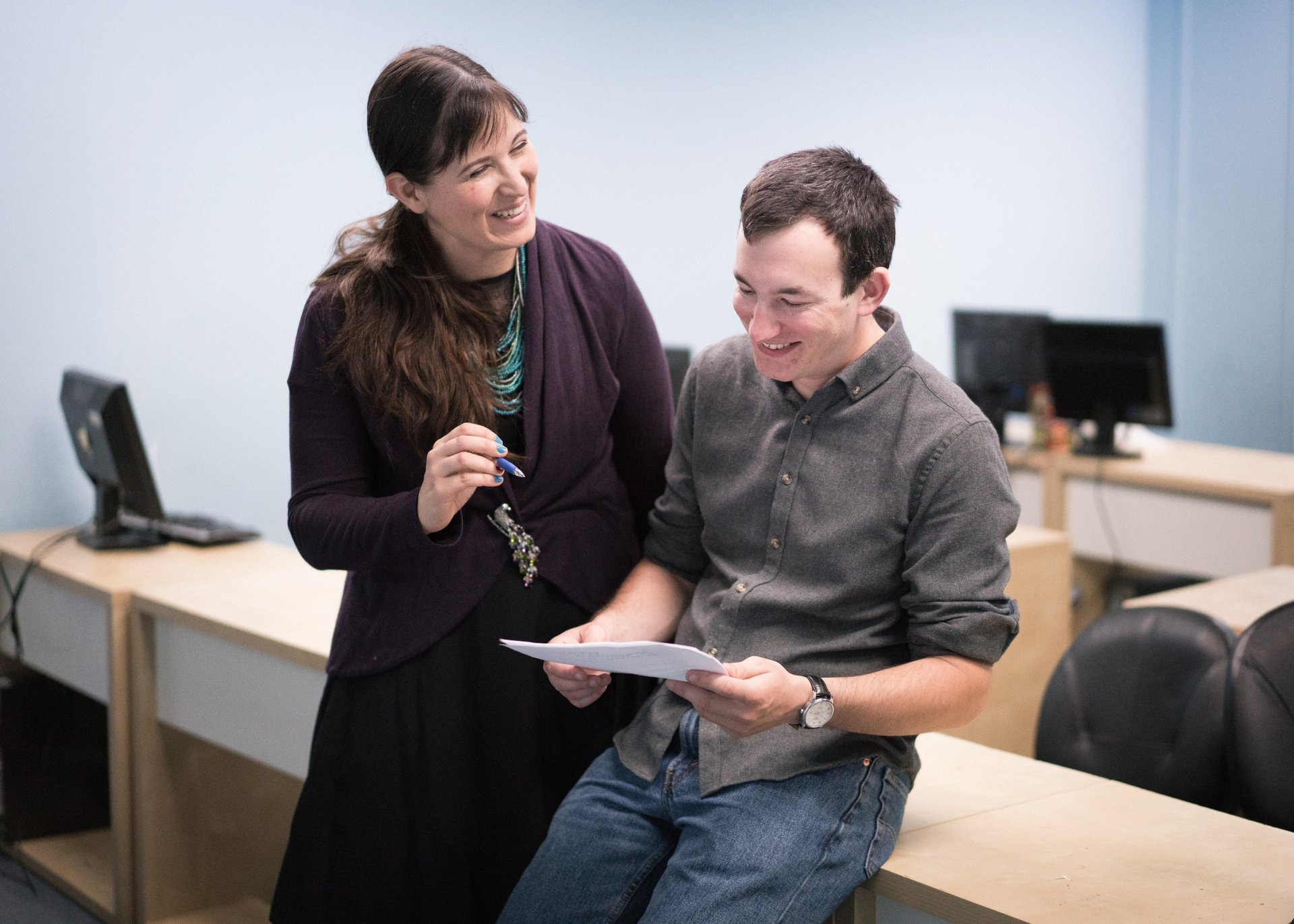
PFAU Writing Support
Reach your full potential on the page, and in life!
Rated 5 stars by students
★★★★★
What do we do at PFAU?
Get to know PFAU Writing Support
PFAU Writing Support's mission is to offer a combination of personalized one-on-one coaching, copy-editing and substantive commentary, and collaborative courses and workshops to support the development of students’ critical thinking, research, and communications skills, inevitably giving them the confidence, credentials, and creativity to successfully navigate their academic and professional futures.
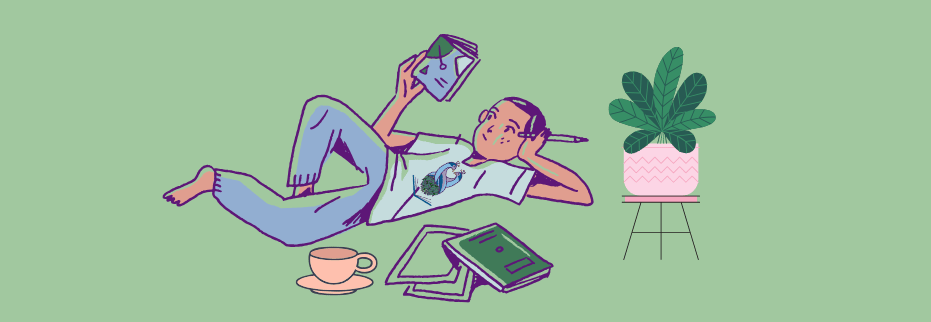

Our Mission
Our Vision
PROFESSIONAL - AUTHENTIC - GROWTH-ORIENTATED - EMPATHETIC - CREATIVE
We aspire to support each student to reach their full potential on the page, and in life!
PFAU Services
Learn more about our personalized writing support, editing services, school application coaching, and writing courses/workshops.
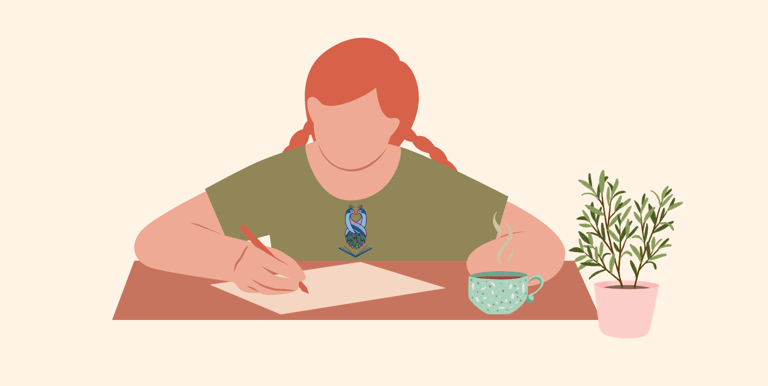

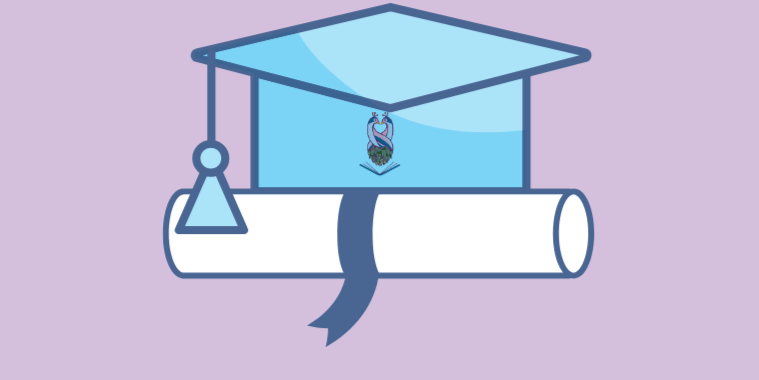

Receive personalized one-on-one writing support to improve your research, critical thinking, and composition skills and achieve your academic/professional goals.
Receive personalized support to develop your personal brand and application profile, taking you one step closer to studying at your dream school.
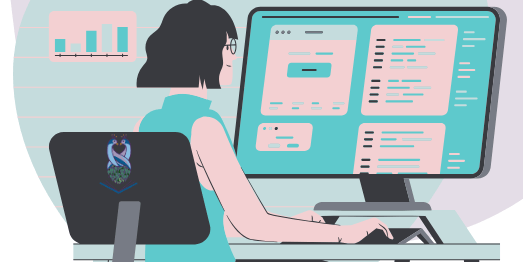

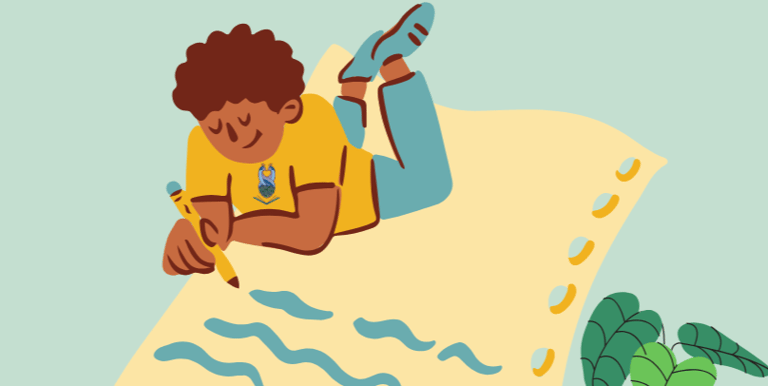

Receive copy-editing and substantive comments to enhance the quality of your written work to publication status.
Join our variety of academic writing and creative writing courses and workshops to develop your critical thinking, creativity, and confidence as a writer.
PFAU Writing Resources
Contact PFAU Writing Support
Start your journey to reach your full potential on the page, and in life now!
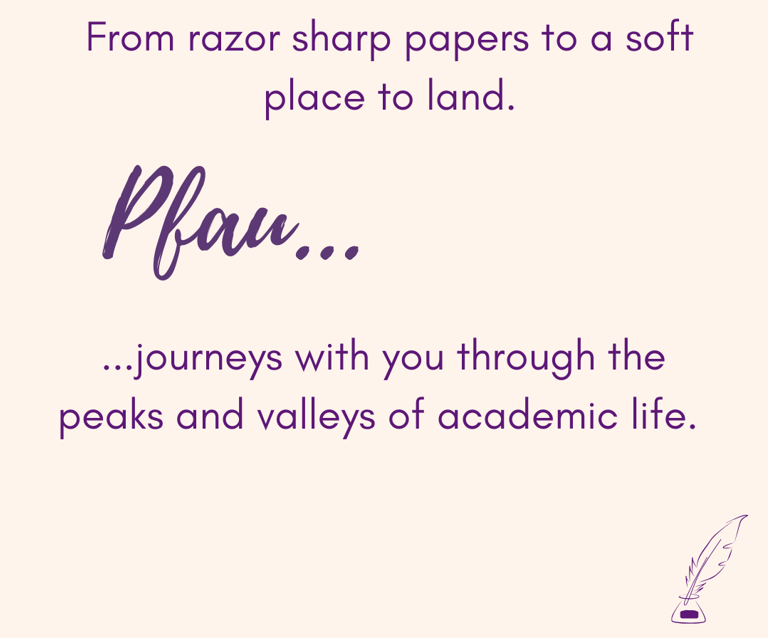

Services
Explore our diverse service and course offerings to help you reach your full potential on the page, and in life!
Contact Us
Join Our Newsletter
Email: lisa.pfau@pfau.ca
Phone: 416-247-0702
© 2025. All rights reserved.
